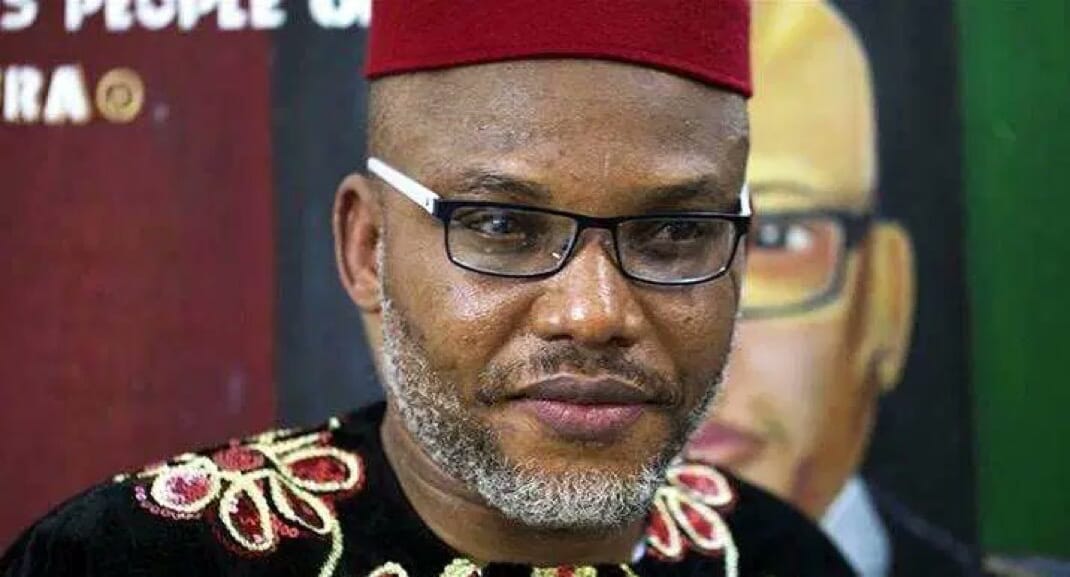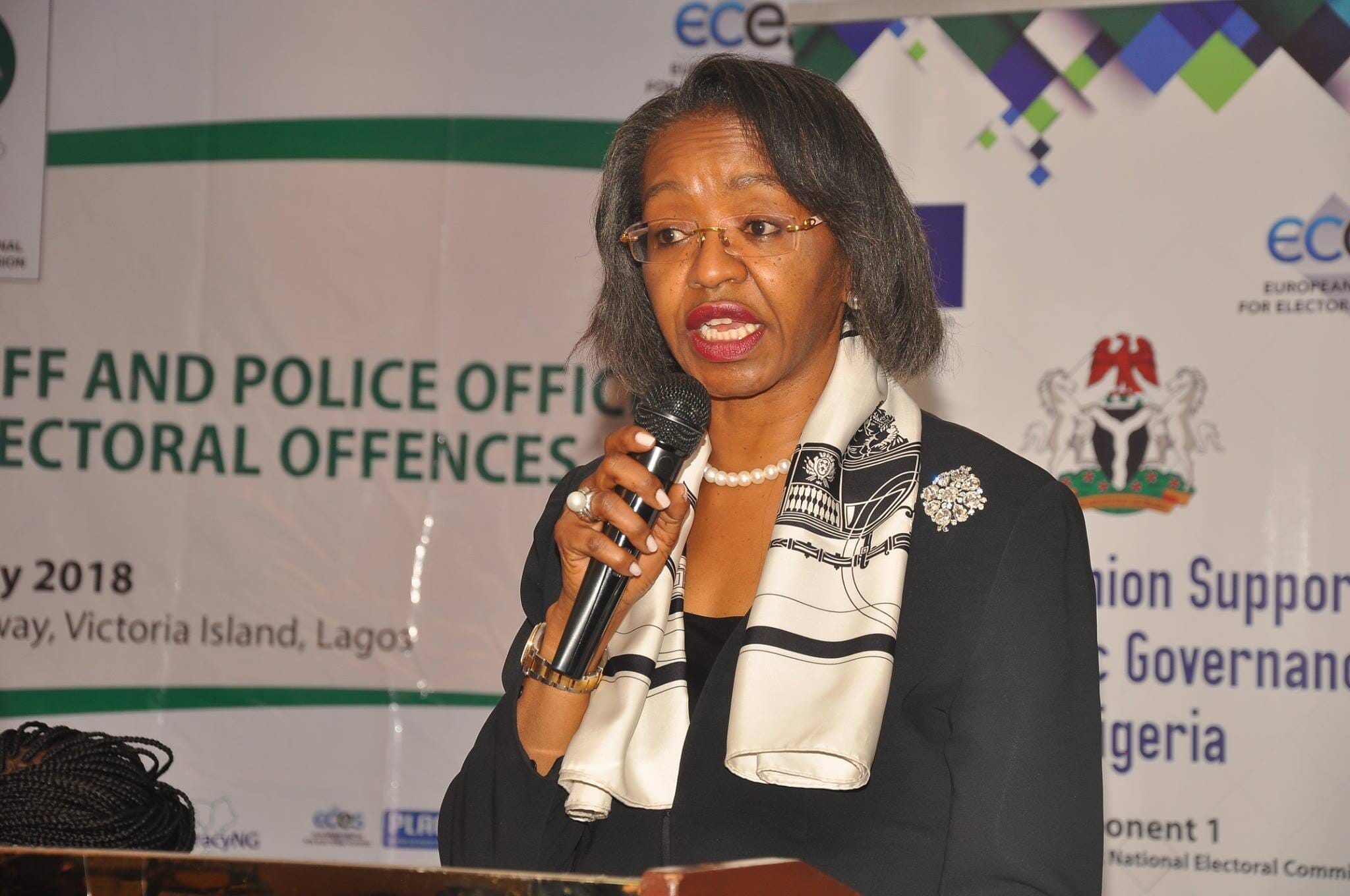In a dramatic turn of events that has captured national attention, Nigeria's House of Representatives witnessed a heated confrontation on October 8, 2025, over the health condition of Nnamdi Kanu, the detained leader of the Indigenous People of Biafra (IPOB). The session, marking the resumption after a two-month recess, quickly escalated into tension when Abia State lawmaker Obi Aguocha challenged Speaker Tajudeen Abbas on the alleged inaction regarding Kanu's worsening health.
The clash highlights growing concerns about human rights, political detentions, and regional insecurities in Nigeria's South-East. As debates rage on, stakeholders from various quarters are pushing for immediate medical attention and potential release for Kanu, whose case has long been a flashpoint in Nigerian politics.
Background on Nnamdi Kanu Detention and Health Concerns
Nnamdi Kanu, a British-Nigerian activist and founder of IPOB, has been in custody since his dramatic arrest in Kenya in June 2021 and subsequent extradition to Nigeria. He faces charges of terrorism, treasonable felony, and operating an illegal broadcast station through Radio Biafra. Kanu's initial detention dates back to October 2015, when he was first arrested on similar counts, only to be released on bail in 2017 before jumping bail and fleeing abroad.
Since his return to detention under the Department of State Services (DSS), reports of Kanu's declining health have surfaced repeatedly. Advocates claim the conditions of his imprisonment have exacerbated underlying medical issues, leading to calls for humanitarian intervention. Medical evaluations, including those ordered by the Federal High Court and conducted by the Nigerian Medical Association (NMA), have reportedly confirmed severe problems such as organ deficiencies and dangerously low potassium levels. Aguocha, representing Kanu's home constituency of Ikwuano/Umuahia North/Umuahia South, has been vocal, describing Kanu as "on the verge of death" without prompt action.
The broader context involves ongoing insecurity in the South-East, which some lawmakers link directly to Kanu's prolonged detention. IPOB's campaign for Biafran independence has fueled tensions, with sit-at-home orders, attacks on security forces, and economic disruptions plaguing the region. Critics argue that resolving Kanu's case could pave the way for dialogue and peace, while supporters of the government insist on due legal process.
The Clash in House of Representatives Over Nnamdi Kanu Health
The incident unfolded during Tuesday's plenary session, as the House resumed activities with the swearing-in of three new members from recent by-elections: Igbinedion Omosede Gabriella (Ovia South-West, Edo State), Rabiu Mukhtar (Garki/Babura, Jigawa State), and Felix Joseph Bagudu (Chikun-Kajuru, Kaduna State).
Under a point of order framed as a matter of personal privilege, Aguocha accused the House leadership, President Bola Tinubu, and the Attorney-General of ignoring his letters dated August 26, 2025. These letters detailed Kanu's critical health status, backed by medical reports, and urged immediate intervention to prevent a fatal outcome.
Speaker Abbas interrupted, questioning the appropriateness of raising the issue under privilege rules. He suggested Aguocha could have resolved it through a private phone call or office visit, emphasizing administrative channels over public floor debates. Aguocha, undeterred, insisted he had attempted multiple contacts, including visits to the Speaker's office, but received no response. He stressed the urgency, calling it a "matter of life and death" and invoking House Rule 6, Section 2, to defend his right to speak.
The exchange intensified when Abbas attempted to rule Aguocha out of order. Aguocha retorted sharply: "You cannot tell me to shut up, you don't have the right!" This bold statement drew murmurs from fellow lawmakers, heightening the chamber's tension. Aguocha further argued that the silence from leadership endangered Kanu's life and violated constitutional human rights protections, as Kanu remains unconvicted and entitled to medical care.
Deputy Speaker Benjamin Kalu, also from Abia State, stepped in to de-escalate. He acknowledged the gravity of the health concerns but urged adherence to proper procedures. Kalu assured the House that the motion would be formally presented later in the week, possibly on Wednesday or Thursday, allowing for a full debate. Abbas concurred, clarifying his objection was procedural, not substantive, and affirmed the House's commitment to addressing the issue appropriately.
Statements from Key Figures in Nnamdi Kanu Health Debate
Hon. Obi Aguocha: "I wish to draw the attention of Mr. Speaker and the House that on the 26th of August 2025, I wrote a letter to Mr. Speaker, the House of Representatives, as well as to the Attorney General of the Federation and Mr. President, urging for urgent intervention in the deteriorating health conditions of my constituent, Mazi Nnamdi Kanu." He added, "There are three reports now, all leading in the same direction. Mr. Speaker, this is not politics. It is a fundamental human right that must be ascribed to Mazi Nnamdi Kanu."
Speaker Tajudeen Abbas: "If it is something specific to the office of the Speaker, I find it a little bit intriguing that you would come by way of privilege to demand action to be taken through my office, a matter that you have direct access to handle." He later noted, "A phone call or a visit to my office can solve the problem."
Deputy Speaker Benjamin Kalu: Emphasizing the issue's importance, Kalu stated the motion deserved full House attention and would be scheduled accordingly.
From the Abia State Assembly, Deputy Speaker Austin Mmeregini expressed deep concern over Kanu's health, urging Governor Alex Otti and South-East stakeholders to intensify efforts for his release. Speaker Emmanuel Emeruwa decried "double standards" in law application, pointing out court orders for Kanu's release and the bailable nature of his offenses.
Abia State Assembly Response to Nnamdi Kanu Health Crisis
Parallel to the federal drama, the Abia State House of Assembly has mobilized for action. During their Tuesday plenary in Umuahia, lawmakers passed a resolution supporting Governor Otti's calls for Kanu's release on medical grounds.
Moved by Deputy Speaker Mmeregini, the motion highlighted Kanu's worsening condition and its links to regional insecurity. Lawmaker Kalu Mba Nwoke noted increased violence in Ohafia South despite state peace initiatives, attributing it partly to Kanu's detention. Isiehi Boniface proposed a delegation to meet National Assembly leaders, followed by a press conference.
Speaker Emeruwa called for presidential mercy, stressing human rights and compliance with judicial rulings. The Assembly plans a peaceful rally in Abuja to amplify demands for medical attention and unconditional release, involving South-East lawmakers and Ohanaeze Ndigbo.
Additionally, the session addressed attacks on Igbo properties in Lagos, with Nnamdi Ibekwe urging federal intervention to prevent ethnic tensions.
Broader Implications for Nigeria Security and Human Rights in Nnamdi Kanu Case
The clash over Nnamdi Kanu's health transcends a single incident, touching on Nigeria's challenges with separatist movements, judicial independence, and ethnic relations. IPOB's activities have led to economic losses in the South-East, with enforced lockdowns disrupting daily life.
Human rights groups argue Kanu's detention violates international standards, especially given health risks. Courts have previously ordered his release, yet compliance remains elusive, raising questions about rule of law.
Politically, the debate could influence President Tinubu's administration, which has faced criticism for handling regional grievances. Releasing Kanu on medical grounds might ease tensions but risks alienating hardliners.
As the House prepares to debate the motion, observers watch for potential shifts. If unaddressed, Kanu's health could become a rallying point for further unrest.
In conclusion, this eruption in the National Assembly underscores the urgent need for resolution in the Nnamdi Kanu saga. With medical reports painting a dire picture and lawmakers divided on procedure versus urgency, Nigeria stands at a crossroads between justice, health, and stability. The coming days may determine if dialogue prevails or tensions escalate further.
Read More
- I Will Die with the Scars: Jonathan Speaks on 200 Chibok Girls Abduction
- Mandy Kiss' Explosive Guinness Bid: 100 Men, 24 Hours – Nigeria's Most Talked-About Record Chase
- Does President Tinubu Have the Constitutional Right to Appoint a New INEC Chairman?
- Why Does Nigeria's National Grid Keep Collapsing? The Deep-Rooted Causes and Path to a Stable Power Supply

